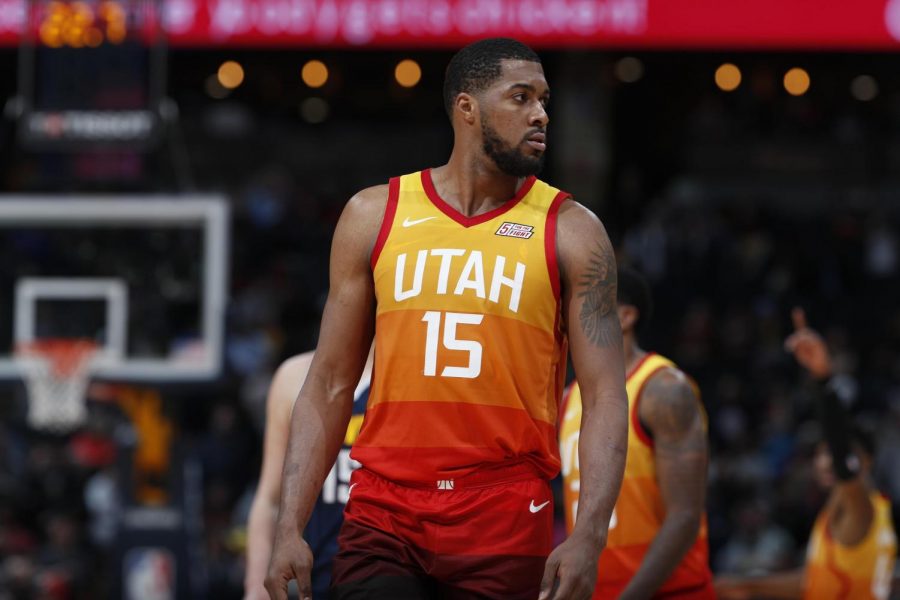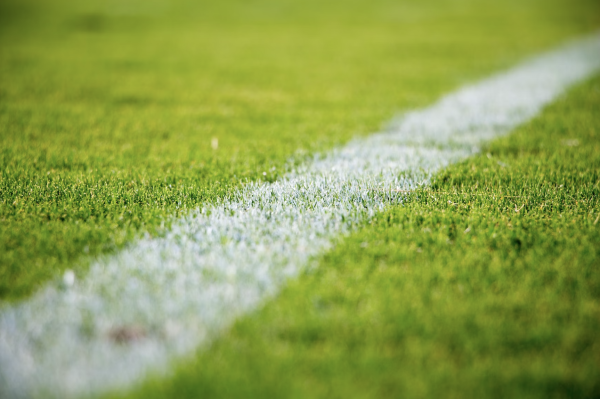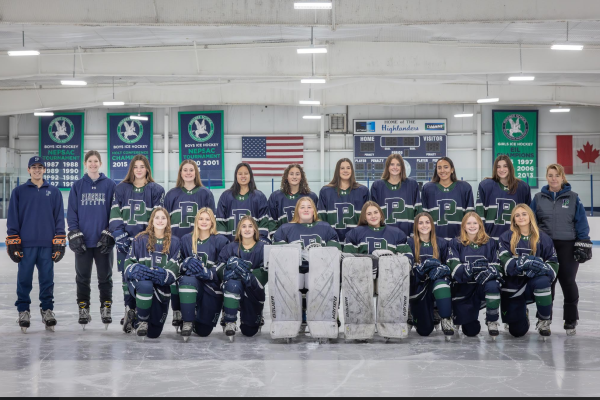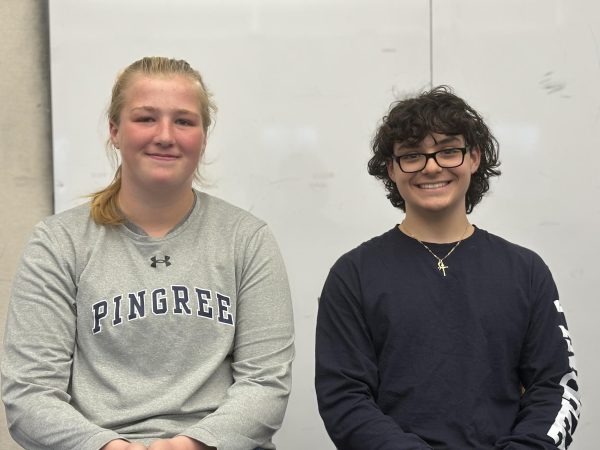A Promising Future with Favors on the Utah Jazz
On November 21, 2020, Pelicans big man Derrick Favors signed a three-year, $30 million contract with his former team, the Utah Jazz. At first glance, the deal could be viewed as insignificant. Around the league, other teams have been swinging for the fences, trying to assemble star-studded rosters. The Houston Rockets signed four-time All-Star Demarcus Cousins and rising star Christian Wood. The Phoenix Suns traded for one of the top 10 point guards of all time, Chris Paul. And the Milwaukee Bucks mortgaged their entire future by trading essentially five first-round draft picks in order to land former All-Star Jrue Holiday. So why does it matter that the Utah Jazz, a team that was eliminated in the first round of the playoffs this past season, acquired a player who surpassed 30 points in only two of his 704 career games? To understand that, we first have to know how the Jazz functioned with Favors during their first stint together from 2011-2019.
As the NBA became increasingly reliant on small-ball and limited the use of big men, the Jazz was an outlier of a team. Time and again, Utah would depend on lineups with two big men. At center, they would start Rudy Gobert, a 7’1”, two-time defensive player of the year from France. Gobert was so talented at protecting the rim and blocking shots, he was nicknamed “The Stifle Tower.”
Paired with Gobert in the frontcourt, Favors excelled at power forward. The 6’9” big was mobile enough to guard forwards on the perimeter and skilled enough to use his 265-pound frame to bully them on the interior. And while he was not a three-point shooter, he consistently shot above 40% from the midrange, a mark high enough to keep defenses honest.
The result was a nightmare for opposing teams. While Utah’s offense was typically average to slightly above average, their defense suffocated opponents. From 2017 to 2019 (Favors’ last and arguably best years in Utah), the Jazz finished top three in defensive rating in the league. In two of those three years, the Jazz advanced to the second round of the playoffs before being eliminated by the 2017 Golden State Warriors (considered by many to be the greatest team of all time) and the 2018 Houston Rockets (arguably one of the ten best best teams to not win a championship).
But at the end of the 2019 season, the Jazz elected not to re-sign Favors and instead used that money to construct a more offensively-talented roster. Utah traded for Mike Conley, a guard who led the Memphis Grizzlies to seven straight playoff appearances in the stacked Western Conference, and they also signed Bojan Bogdonovic, a late-blooming forward who showcased great scoring potential with the Indiana Pacers.
Offensively, everything panned out, due to the incredible talent of rising superstar, Donovan Mitchell, an uber athletic guard who averaged a career-high 24 points per game. While Mike Conley underwent some growing pains with not being the primary scoring option, he ultimately helped the team by functioning as a facilitator who was also capable of creating his own shot. And Bogdonovic definitely showcased the type of scorer he was. He averaged 20 points per game, and scorched the nets, shooting threes at a 41% clip. As a team, the Jazz had the highest offensive rating as a franchise in over a decade, posting the tenth-highest stat in the league. Without Favors, however, the defense dropped to 13th in the league. While this is not bad by any means, teams that do not have either a top-five offense or defense do not typically end up in the finals or even the conference finals.
The Jazz also lacked a backup center. Rudy Gobert was amazing, but everything changed during the 14 minutes each game when he sat on the bench. When Gobert was on the court, Utah would outscore teams by 10.9 points per 100 possessions. When Tony Bradley, the unproven backup big man, took the floor, the Jazz were actually outscored by other teams by 4.5 points per 100 possessions. In a close playoff series, those 14 minutes could alter everything. Not having a quality option at backup center not only hurts the team when Gobert is off the court, but also when he is on it, since he is forced to play extra minutes and fight through fatigue, hindering his production.
Down in New Orleans, Favors spent much of this past year at Center. And at times, it seemed as if Favors’ veteran presence and defense was the only thing keeping the Pelicans a competitive team. In the 51 games that the 29-year-old big played, the Pelicans won 24 and lost 27. But in the 21 games Favors was out due to injury, New Orleans only won six, sporting an abysmal winning percentage of 0.286. This suggests that Favors can and will make a profound impact on winning, even when he is the lone big man on the court.
The bottom line is the Utah Jazz are going to be a nightmare to play against for all NBA teams. They have the size, defense, shooting, and playmaking necessary to compete with the best teams in the league. Take the defending champion Los Angeles Lakers. In the 2020 playoffs, they dominated their opposition by using lineups with two big men (typically Anthony Davis paired with one of Dwight Howard or Javale McGee). None of their playoff matchups had two talented Bigs with enough size and skill to put up a fight. That is, until now. And Utah’s offense, which is typically what held them back, is now bolstered by Conley, Bogdonovic, and Jordan Clarkson, a spark plug scorer off the bench. When you put it all together, you have a team that is, barring an injury, looking like a top-five seed in the loaded Western Conference and a dark horse candidate to make a Conference Finals or even the NBA finals.







